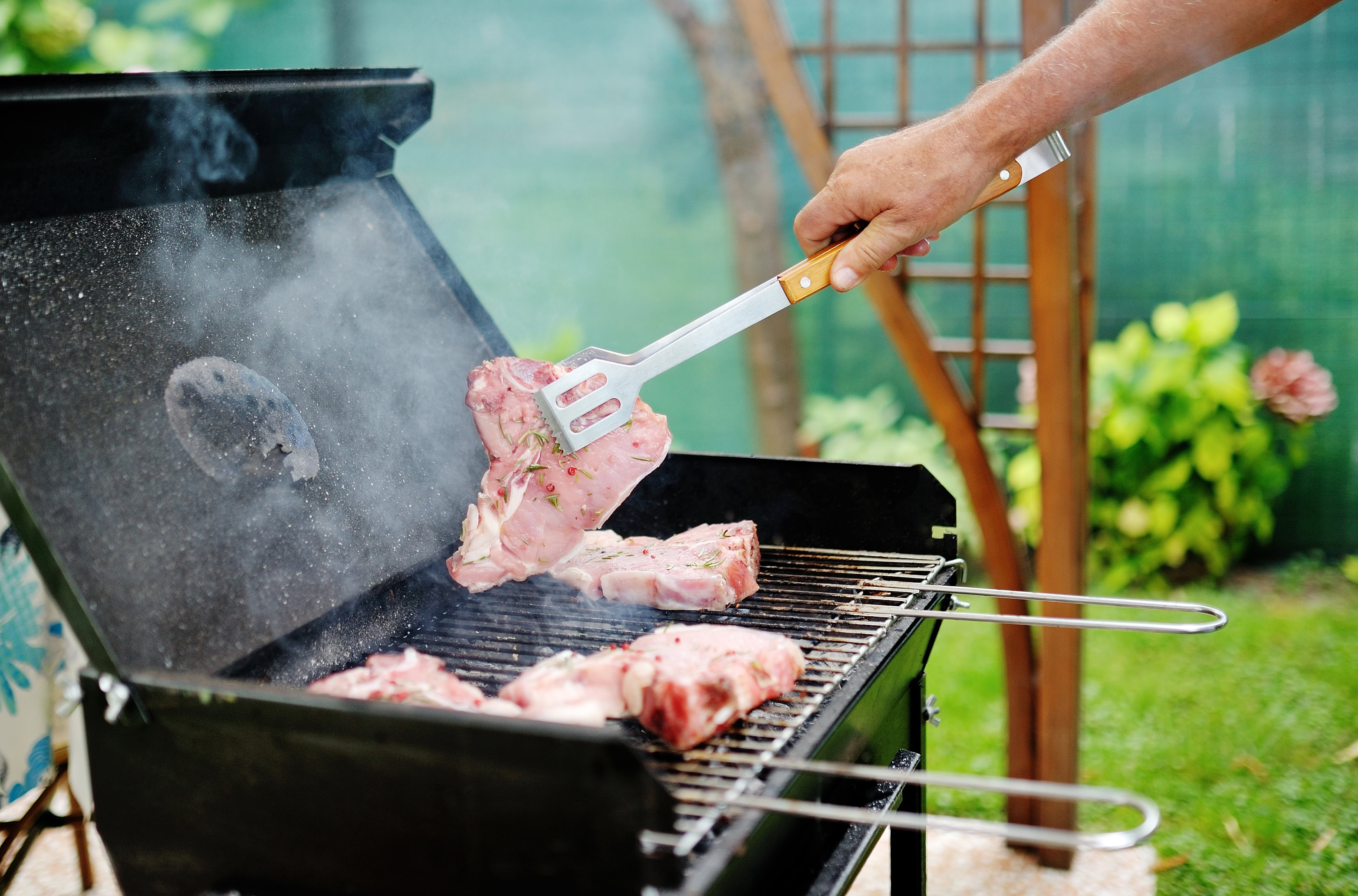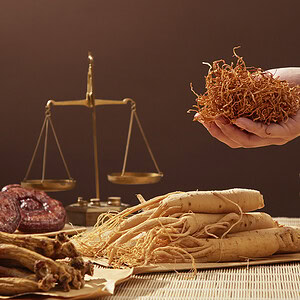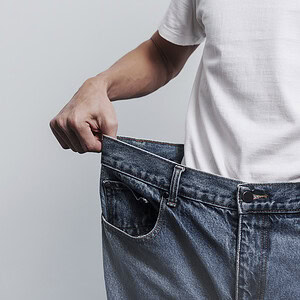Nutrition
For many, summer is synonymous with barbecues. Venture along any street in the UK during the months of June to August and you’ll be hard pushed not to pick up on the smell of flame grilled meat wafting from a nearby garden. But there can be a downside to barbecuing when it comes to our health.
Grilling meat can produce two types of carcinogens: heterocyclic amines (HCAs) and polycyclic aromatic hydrocarbons (PAHs). HCAs form when any muscle meat is cooked at high temperatures. PAHs, on the other hand, form when fat drips from the meat onto the flame. The chemicals then rise in the smoke and flames and cling to the meat.
But this doesn’t mean barbecues are out of the question. There are some things you can do to minimise the formation of carcinogens and enjoy a healthier feast.
1. Go lean
Choose lean and light meat, rather than fatty red meat or the dark meat from poultry. Remove the skin and trim fat to reduce drippings.
2. Marinate it
Marinating meats in a lemon or vinegar-based marinade has been shown to reduce the formation of HCAs on grilled steaks by 57-88%. Thick marinades that contain honey or sugar can cause meat to char. Use them only in the last two minutes of grilling.
Adding spices to meat during cooking may also reduce HCAs, according to a study from Kansas State University, USA. A team of researchers investigated six spices – cumin, coriander seeds, galangal, ginger rosemary and turmeric – finding that the latter three had the highest levels of antioxidant activity toward inhibiting the formation of HCAs, with rosemary being the most effective. The spices were applied to beef patties during cooking.
3) Steam it
Steam meat (2-5 mins) or microwave (60-90 seconds) immediately before grilling to release juices that could drip onto the flame. This reduced the formation of PAHs on grilled pork and beef by 48-89% in one study.
Marinating meats in a lemon or vinegar-based marinade has been shown to reduce the formation of HCAs on grilled steaks by 57-88%…
4) Carefully does it
Don’t place meat directly over an open flame and avoid prolonged cooking times. Continuously turning meat over rather than just leaving it on the heat source without flipping can also substantially reduce HCA formation.
5) Don’t press it
Don’t press the meat whilst it cooks; this releases drippings onto the flame which will form PHAs.
Enjoyed this article? Subscribe to our free digital version of Optimum Nutrition magazine for more research updates, features and recipes!






